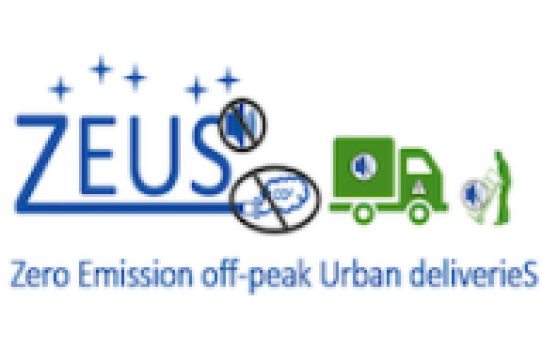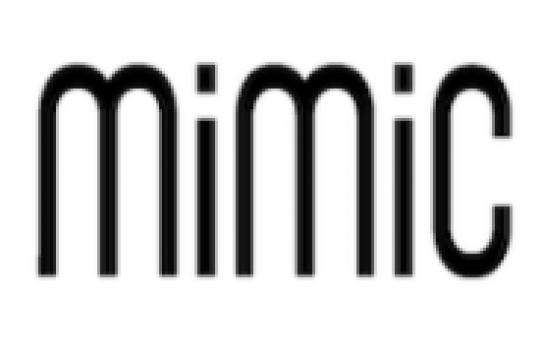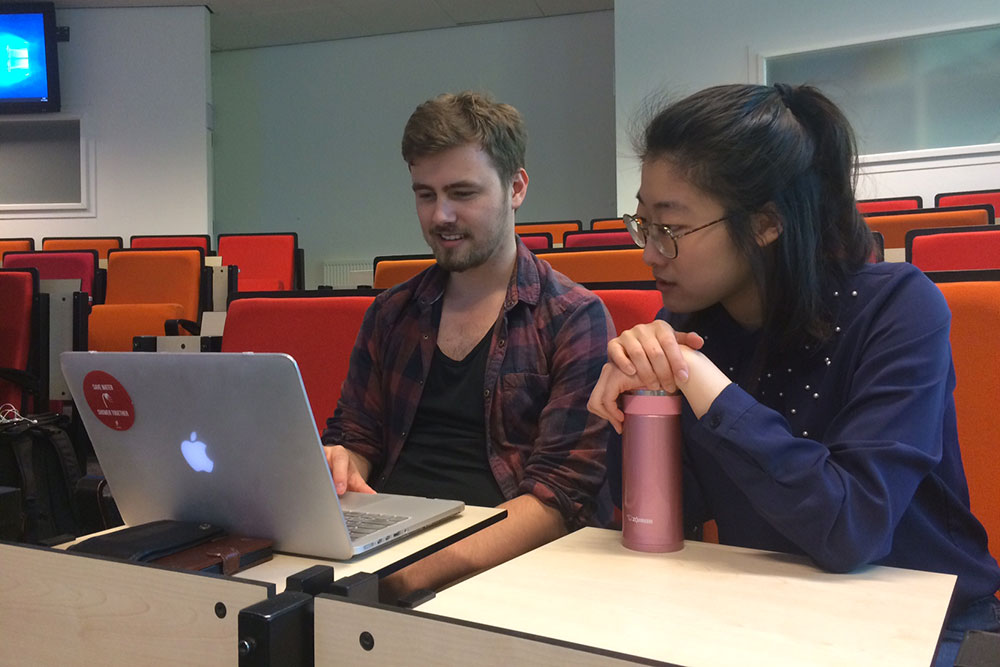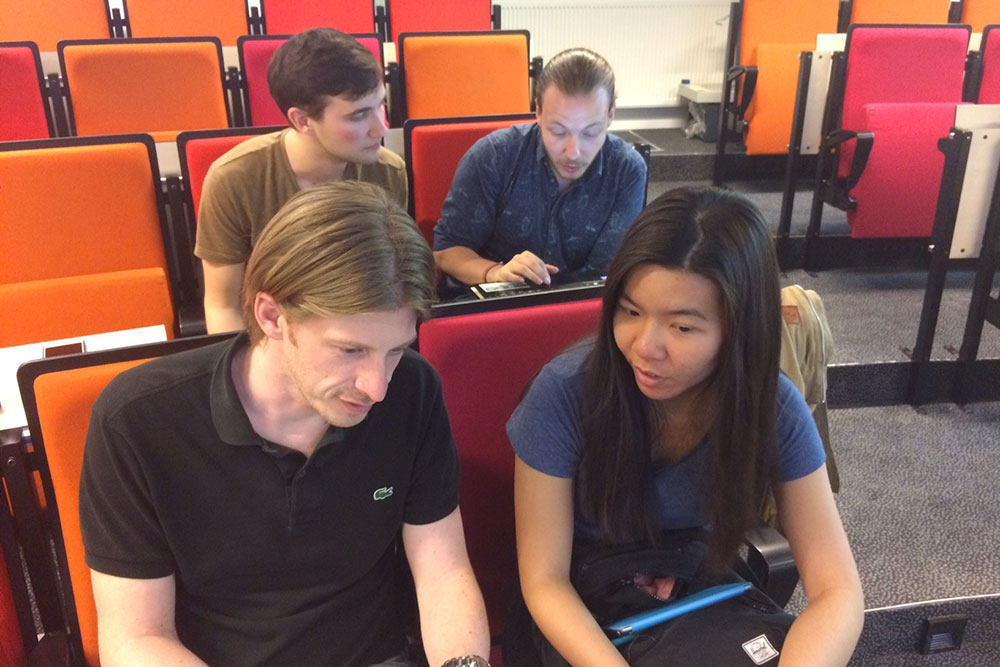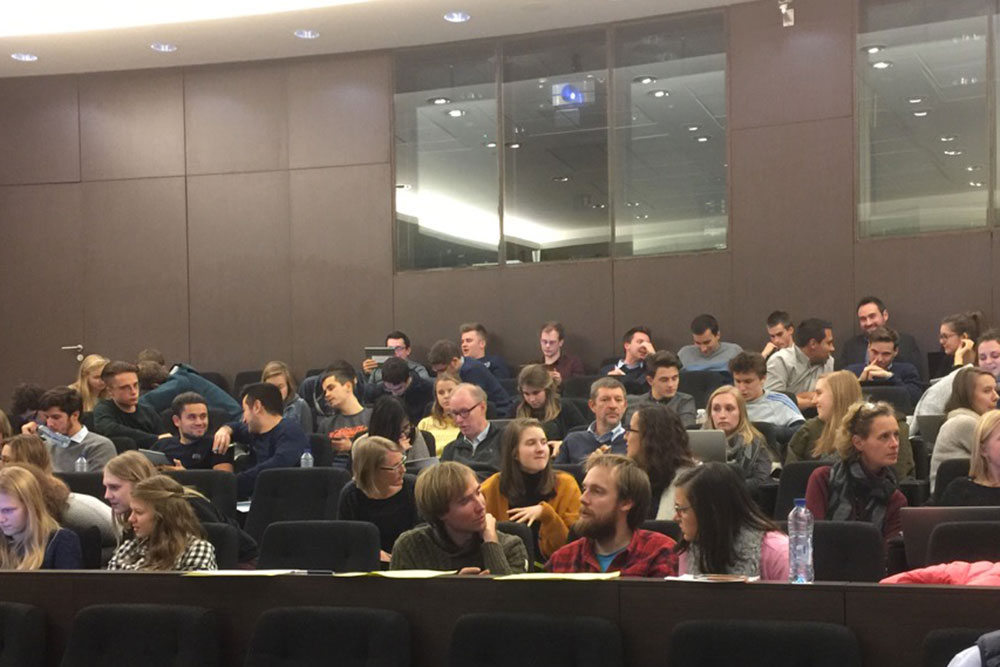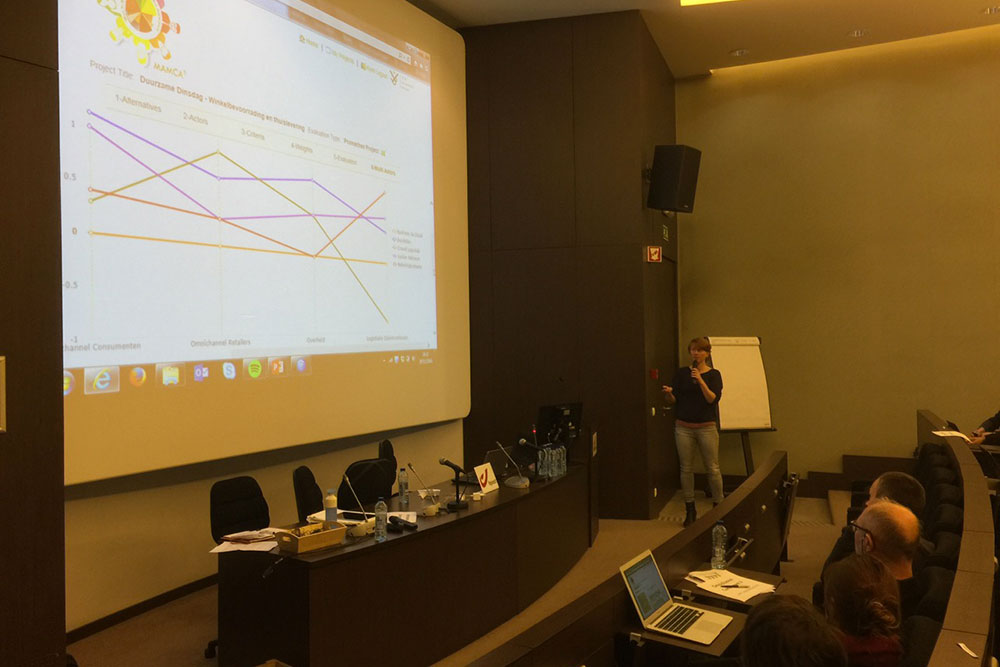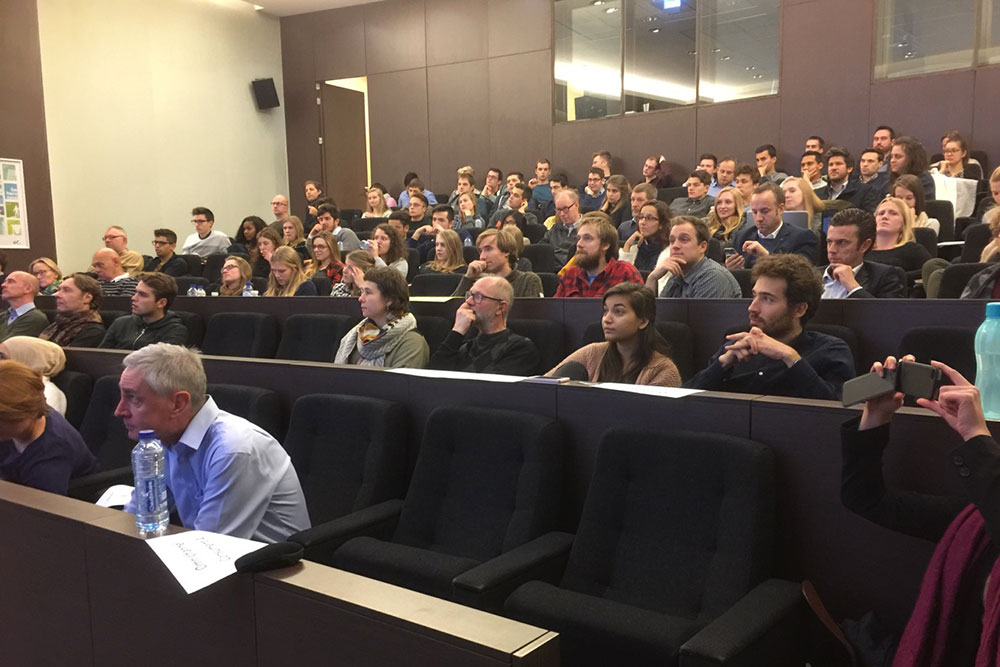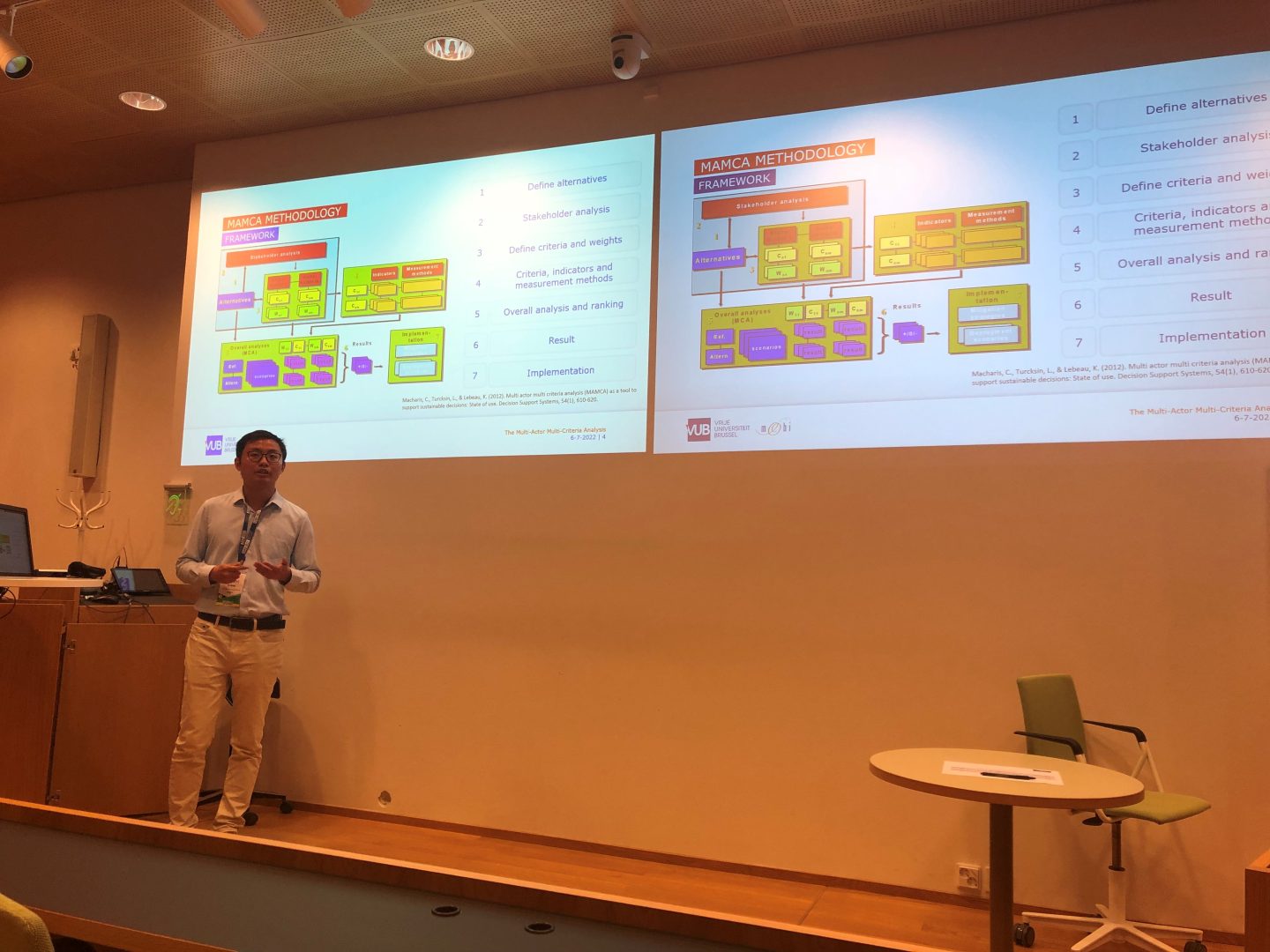Multi-Criteria Decision Making Methodology
Multi Actor Multi Criteria Analysis (MAMCA)
Do you have to deal with complex projects where several stakeholders are involved?
They are discussing about different possible options, but it difficult to find a common ground?
With the MAMCA, you can explicitly take their objectives into account and come to a good overview of the advantages and disadvantages of the different options. It enables policy makers or project developers to get an insight of what is at stake and see if there is a support for certain options by many stakeholders and how it could be implemented.




POLICY MAKERS
Most of previous applications of the MAMCA were used to recommend policy makers about a strategic direction supported by stakeholders. It helps them to design policies in a bottom-up approach.

CONSULTANTS
The potential of the MAMCA methodology goes beyond research. Consultants can use the software to integrate stakeholder’s point of views in their project evaluations. It can show in one environment which scenarios are the most supported by the different stakeholders.

RESEARCHERS
The MAMCA has a long track record of development in research. This methodology is always being improved. Applications of the methodology are also expanding. Many different research centres and universities are using the MAMCA software to engage more stakeholders in their projects.

TEACHERS
The MAMCA-software can be used for educational purposes. Students learn the complexity of settings with several stakeholders and within one lecture a full MAMCA exercise can be run. The students can be set in the role of one the stakeholder groups and they can give priorities to their own objectives. A rich discussion is possible at the end.
A few things we’re great at
The Multi-Actor Multi-Criteria Analysis has been a successful methodology to integrate multiple stakeholders in the decisionmaking process. Because MAMCA evaluates different alternatives based on the objectives of the stakeholders, decision-makers can increase the support for the alternative they will choose. Still, the application of the methodology can be complex to popularize this approach. The MAMCA software was therefore published in order to facilitate the use of the methodology.
Multiple Stakeholders Involvement
The concept of stakeholder is involved at the early stage of the evaluation, which leads to a better understanding of the objectives for different stakeholders. MAMCA successfully reflects the preferences of every individual stakeholder and expresses their concerns. It has been applied in various domains, especially in the field of mobility and logistics. MAMCA was used in different scenarios such as evaluating transport policy measures and transport technologies. It has also proven itself as a useful methodology in transport-related decision making.
Different MCDA Methods Support
Any MCDM methods can be used to assess the alternatives. The Group decision support methods (GDSM) are well suited in this step such as Preference ranking organization method for enrichment evaluation (PROMETHEE), analytic hierarchy process (AHP) . There is no conflict between stakeholder groups and groups. The final evaluations and results of every stakeholder group will only be confronted at the end of the analysis.
Mass-participation Survey Tool
The survey tool allows the decisionmaker to design the dedicated survey for the stakeholder group which needs the mass-participation function. The easy-to-understand evaluation process is used to avoid time-consuming elicitation. It is possible to check the homogeneity and heterogeneity of the stakeholders within the stakeholder group based on the socio-economic profiles collected in the survey.
High Effective Software
Thanks to the new software technologies, new software has less response time.
This is one of the things we do best
An animation of the evaluation framework MAMCA which allows all stakeholder objectives to be taken into consideration.
WORKSHOP EXAMPLE
ZEUS PROJECT WEBINAR: GUIDELINES FOR ZERO EMISSION OFF-PEAK URBAN DELIVERIES
By 2050, at least two billion more people will be living in cities than today. We want to make sure the cities remain enjoyable, and liveable. That is why we fully support ZEUS: an EIT Urban Mobility project aimed at quiet and zero-emission deliveries of goods to city stores.
During the webinar of the ZEUS project colleague Shary Heuninckx will represent the contribution of VUB-MOBI in this project: the stakeholder assessment. Within this project MAMCA is being used to assess the impact of silent retail logistics equipment in different contexts, and to see what the effect is of delivery window extensions on stakeholder acceptance.
WORKSHOP EXAMPLE
MAMCA WORKSHOP DURING MOBI SEMINAR
During the online MOBI Seminar 2020 a MAMCA Workshop was organised to try out the updated MAMCA software.
This update integrates the function of mass-participation.
With this update, the users can create surveys through MAMCA survey tool for the stakeholder groups in the project. Stakeholders can direct allocate weight through the survey without logging into the software.
The new function is especially useful for a large number of evaluators, and users can dig into the detail of one stakeholder group, finding the homogeneity and heterogeneity within the group.
Our team

Prof. dr. Cathy Macharis
Header

Dr. River Huang
Researcher & Development leader

